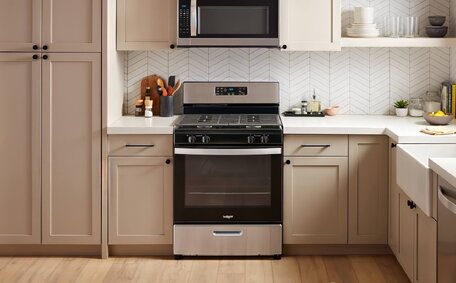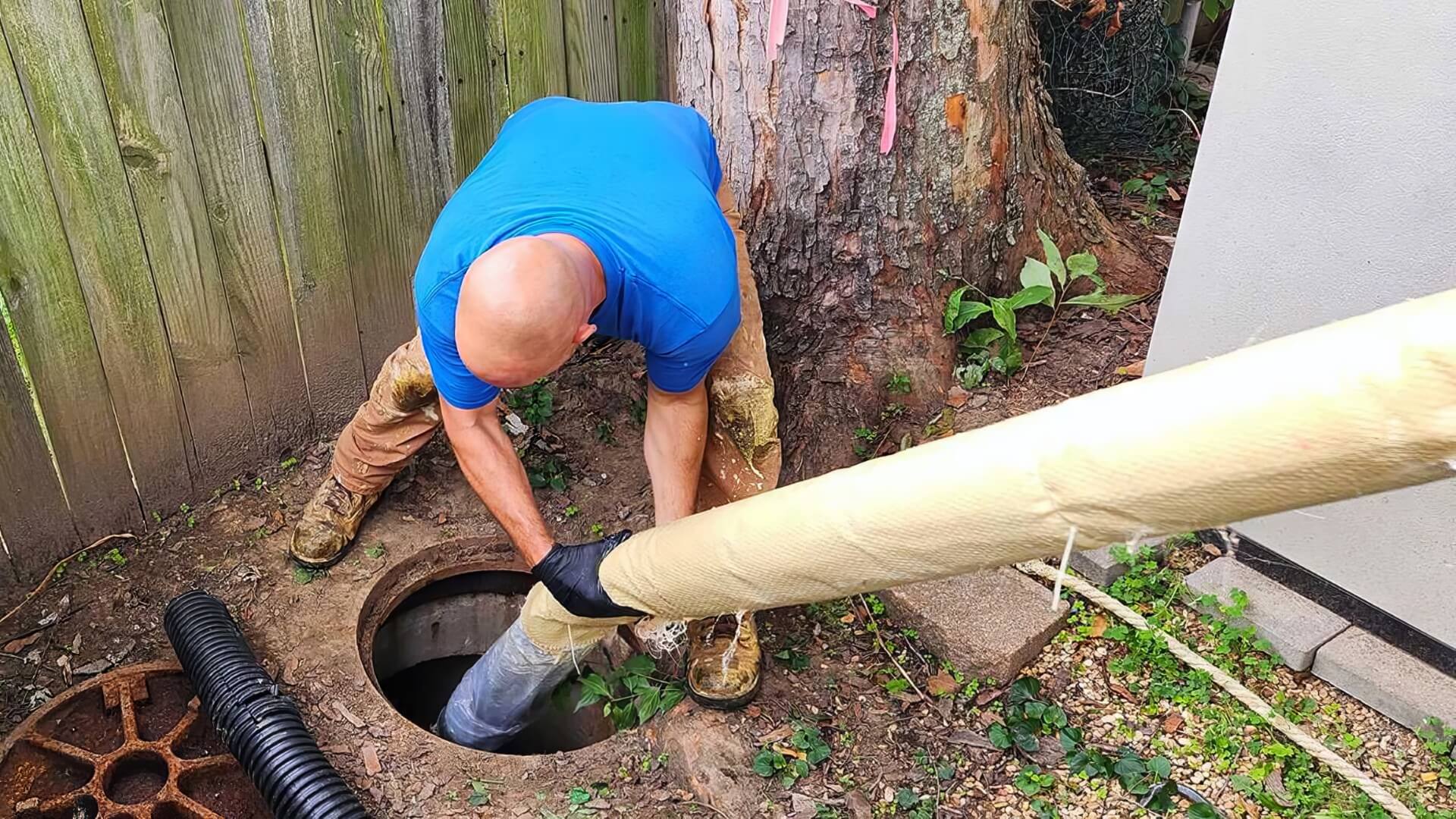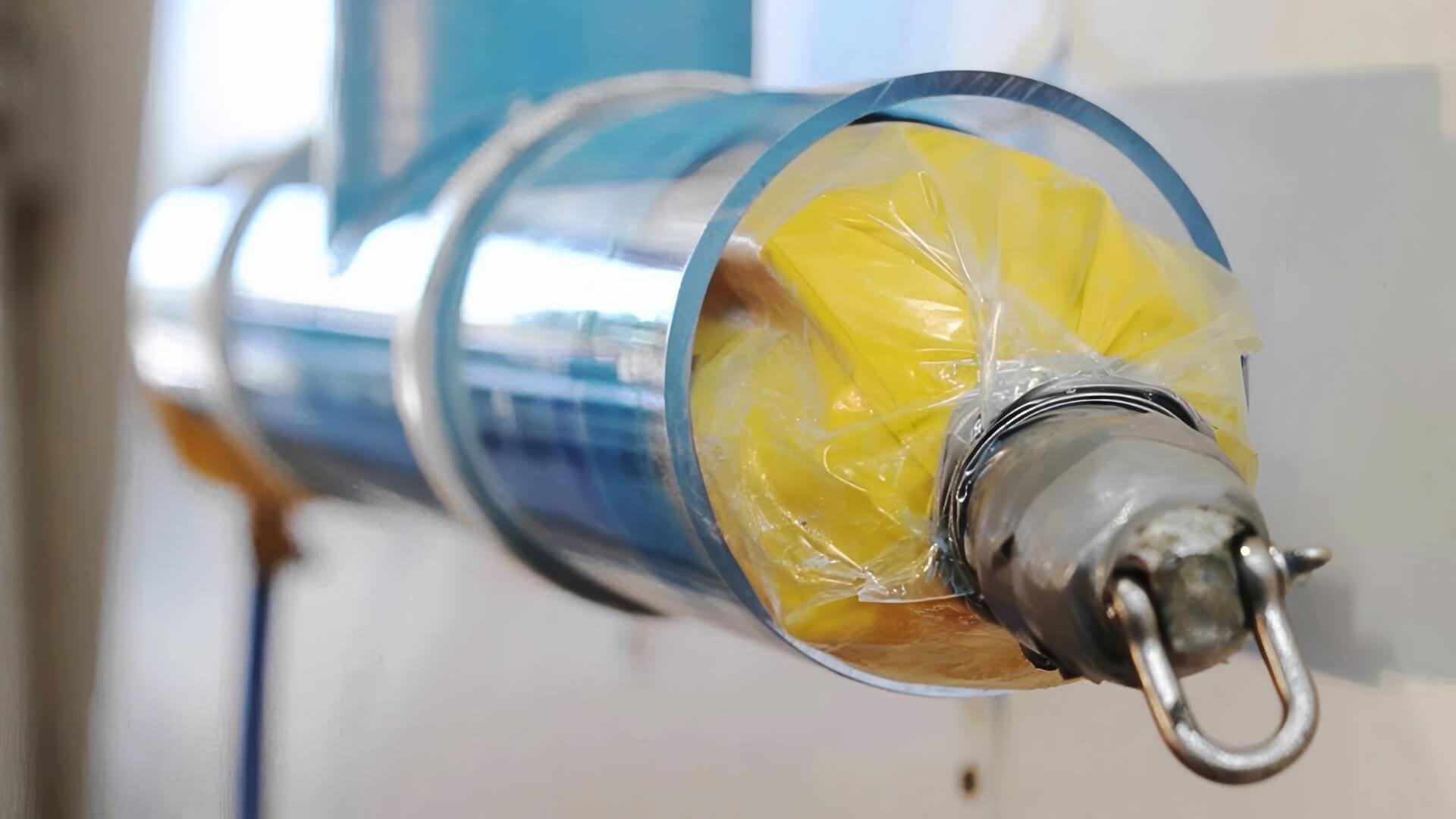Introduction to Hot Water Systems
A dependable hot water supply is vital for domestic tasks such as cooking, cleaning, and bathing.
Cherrybrook Plumbing, Sydney’s hot water specialists, offer expert advice on selecting and installing hot water systems for optimal energy savings and reliability. Their expertise in the latest hot water systems ensures tailored advice for the best solutions for your residence.
They offer a suite of services including replacing or upgrading hot water units, repairs, maintenance, energy consultations, and new installations.
Consider energy sources, household size, usage requirements, and budget when selecting your home’s hot water system.
Cherrybrook Plumbing’s team, with numerous installations under their belt, guides you to the hot water system that best suits your needs.
Key Types of Domestic Hot Water Systems
Electric Hot Water Systems
Electric water heaters, using electricity to heat water in an insulated tank, are a common choice in Australia, offering low initial costs and straightforward design.
Gas Hot Water Systems
Gas hot water systems use natural gas or LPG to heat water. Choices range from storage tanks to continuous flow units. They are an efficient choice in terms of energy use and most suited for larger families with higher hot water needs.
Solar storage water systems harness energy from the sun using solar collectors, commonly known as solar panels. This energy is transferred to the water in a storage tank. They are eco-friendly and an energy efficient option, though they have a higher upfront cost for purchase and installation.
Solar heat pump systems draw external air to heat water in the tank, using less electricity and increasing energy efficiency. Though initially more costly, heat pump systems are a popular alternative to conventional electric heaters due to their efficiency.
Electric Storage Tank Systems
Electric storage hot water systems consist of an insulated tank that stores heated water until needed. Electric heating elements at the base of the tank heat the water. The water is then piped to taps and appliances when required.
Australian households commonly choose electric storage systems for their affordability and straightforward setup. However, they tend to be less energy efficient than gas, solar, or heat pump systems. For larger households, the operating costs of electric storage systems can become substantial over time.
Using an ‘off-peak’ electricity tariff means that your electric storage hot water system heats water overnight when power rates are reduced. Ensuring tanks are properly sized, typically 315L or larger for families, enhances efficiency.
Appropriate tank insulation minimises standby heat losses.
While still relying largely on grid electricity, renewable energy like solar PV panels can offset some operational costs. Heat pump or solar pre-heat options are also available to boost electric system efficiency.
Gas Storage Tank Systems
Gas storage hot water systems utilise either natural gas or LPG to heat water. The gas burner at the base of the insulated storage tank heats the water, which is then ready to supply hot water to taps and appliances on demand.
New homes often favor gas storage water systems for their consistent hot water supply. Gas systems are often more compact than their electric counterparts, saving valuable space. With their swift heating, gas systems can meet average household demands with smaller tanks, usually around 160 litres.
For homes with natural gas, operational costs are typically lower when compared to electric gas systems or solar options. However LPG fuel can be more expensive over time but gives flexibility if natural gas is unavailable. Gas storage tanks boast good energy efficiency and higher flow rates than electric options, albeit lower than instantaneous systems.
Instantaneous or Continuous Flow Systems
A continuous flow hot water system heats water on demand rather than storing it in a tank. As water flows through the unit, gas or electric heating elements rapidly warm the water to the desired temperature.
Instantaneous systems offer unlimited hot water, faster heating, and compact designs that require less space for installation. They are common in apartments or homes where space is limited.
Gas instantaneous units, when not boosted solar hot water options, typically have lower running costs than electric models. However, electric systems have a set of pros cons, including more flexibility in cases where gas lines are unavailable. The capacity of the unit should suit average and peak water flow rates to avoid cold water or weak pressure during high demand.
Solar Hot Water Systems
Solar water heater systems are an eco-friendly, energy efficient option that harnesses the abundant heat from the sun to warm your water. They utilise solar collectors, usually roof-mounted panels, that contain a heat transfer fluid to ensure water heated effectively. The fluid circulating through the panels absorbs solar heat, which is then transferred to the water, maintaining an optimal temperature in the storage tank.
Key benefits of solar hot water systems include lower greenhouse gas emissions and running costs compared to conventional electric storage units. They can cut an average household’s water heating bills by 50-75%. Many households are eligible for government rebates when installing solar hot water.
However, they have a higher upfront cost and larger physical footprint than some alternatives. Performance is also dependent on sufficient solar access without shading, so geographic location and positioning of the solar collectors is important. Solar pre-heating can work with electric or gas booster systems when needed on overcast days.
Cherrybrook Plumbing are experts in solar hot water system installations, helping Sydney households make the switch to this cost-effective, renewable energy option. Their team stays up to date on the latest advancements in solar thermal technology and government incentives to pass on maximum savings to clients.
Heat Pump Hot Water Systems
Heat pump hot water systems are an increasingly popular option that utilise heat pump technology to transfer thermal energy from the air to water stored in an insulated tank. A compressor and heat exchange system extract ambient heat and use this to heat water as it circulates through the system’s coils.
Key benefits of heat pump systems include lower operating costs with energy savings of 25-60% compared to conventional electric storage units. They also have a reduced carbon footprint as they use less electricity from the grid and no gas. This makes them a greener, more climate-friendly alternative.
However, heat pump systems do come at a higher initial purchase cost and require adequate external airflow for peak operation so outdoor or well-ventilated locations are preferred. Proper sizing of the tank, usually around 300L, is important to ensure sufficient hot water capacity for the household.
With advanced heat pump technology and precision design, Cherrybrook Plumbing supply and install high quality heat pump systems from leading brands. Contact their team to learn which system might be best for your household’s needs.
Comparing Hot Water System Operating Costs
When comparing operating costs of different hot water systems, gas continuous flow units typically have the lowest long term running expenses. They provide endless hot water without the standby energy losses associated with storage tanks, delivering a performance that competes with traditional gas electric systems. Natural gas prices are also often more economical than electric.
Electric heat pump systems can operate at around half the cost of conventional electric storage tanks. Though more expensive to install, their efficiency leads to substantial savings. Solar hot water also has relatively low operating expenses depending on the climate and rebates available.
Here’s a general guide to operating costs for typical residential hot water systems in Sydney:
- Gas tank water heaters – $400 to $550 per year
- Gas instantaneous/continuous flow – $300 to $450 per year
- Electric storage tank – $600 to $850 per year
- Electric heat pump system – $300 to $550 per year
- Solar water heaters with electric or gas boosting – $200 to $550 per year
When installed properly by hot water specialists like Cherrybrook Plumbing, gas, heat pump, and solar systems offer the best long term value for money.
Assessing Energy Efficiency By Star Rating
The star rating system provides an easy way to assess and compare the energy efficiency of different main types hot water systems. Systems are rated on a scale of 1 to 10 stars, indicating how efficiently they heat water.
Higher star ratings reflect superior insulation, heat retention, and advanced heating technology. As a result, higher rated systems have lower running costs. Each additional star on the rating scale equates to roughly a 10% reduction in water heating bills.
For example, a 5-star rated gas hot water system can be about 30% more energy-efficient than a 3-star system. Over its lifespan, a high-rated system can save an average household thousands.
When Cherrybrook Plumbing install or replace your hot water unit, they will advise you on the most energy efficient system for your home’s needs and usage patterns. Selecting an appropriately sized unit with a high star rating will ensure maximum savings over time.
Factors to Consider When Choosing a System
There are several key factors to take into account when selecting the best hot water system type for your home:
- Household size – Systems should be sized to provide adequate hot water for the number of occupants. Larger households may benefit from gas or heat pump continuous flow.
- Energy source – Availability of electricity, natural gas or LPG may determine the suitable fuel type for your system. Operating costs vary. Solar requires adequate sunlight.
- Frequency of use – Simultaneous use of fixtures impacts flow rate requirements. Tankless suits low use. Storage tanks better for frequent use.
- Environmental impact – Solar and heat pump systems are more eco-friendly options over gas or electric.
- Installation considerations – Existing plumbing, available space and positioning affect choices.
- Budget – Upfront system costs and projected energy expenses influence affordability.
Cherrybrook Plumbing will guide you through these factors to identify the ideal system for your household.
Rebates and Incentives For Hot Water Upgrades
There are often government rebates and incentives available when upgrading your home’s hot water system to more energy-efficient technology. This helps offset the upfront investment while encouraging the uptake of eco-friendly systems.
Many Australian households can access rebates for installing solar or heat pump water heaters. Savings can amount to hundreds or even thousands of dollars depending on factors like your location, system size, and current incentives on offer.
Beyond rebates, reduced energy bills over time lead to further cost savings from efficient systems. Smart controls, good insulation, and appropriately sized tanks matched to your usage all help maximise financial benefits.
The team at Cherrybrook Plumbing stay up to date on all available rebates and incentives when installing hot water systems. They tailor solutions to suit your household’s needs and budget, ensuring you gain the most in ongoing savings on your utility bills.
Installation and Maintenance Considerations
There are some key installation and maintenance factors to consider with different hot water system types:
Installation
- Electric and gas storage tanks require adequate space with good ventilation and structural support.
- Unlike tankless water heaters, tank systems need an appropriate gas or electricity connection alongside storage space.
- Solar collectors require unobstructed north-facing roofs and sun-angled panels.
- Heat pump water heaters perform best with outdoor installation and sufficient airflow.
- Depending on the system, electrical works, gas fitting, plumbing adjustments or drainage may be required.
- Engaging professional installers like Cherrybrook Plumbing ensures correct configuration and adherence to regulations.
Maintenance
- Electric and gas systems require annual checks, flushing and replacing heating elements as needed.
- Solar collectors benefit from occasional cleaning and removal of debris or shade obstacles.
- Heat pump maintenance involves cleaning filters and clearing airflow obstructions.
- A system flush, valve/relief check and inspection for leaks forms part of standard servicing.
- Regular maintenance ensures maximised system lifespan, efficiency, and safety.
Cherrybrook Plumbing offer complete hot water system installation along with all required electrical and plumbing work. Their team can also advise on optimal positioning and provide necessary maintenance.
Finding the Right System for Your Home
When it’s time to replace or upgrade to a new hot water system, there’s a lot to weigh up in determining the type that will best suit your household.
- Household size and typical water usage patterns
- Available energy sources like electricity, gas, or solar access
- Upfront system costs and ongoing running expenses
- Environmental priorities and reducing your carbon footprint
- Installation requirements and space constraints
The team at Cherrybrook Plumbing have extensive experience across all system types - electric, gas, solar and heat pump. They stay up to date on the latest technology, incentives, and solutions to help homeowners make the right choice.
Get in touch with Cherrybrook Plumbing today to book a consultation. Their expert plumbers will assess your needs, provide tailored advice, and recommend the most suitable and cost-effective hot water system for your home.






